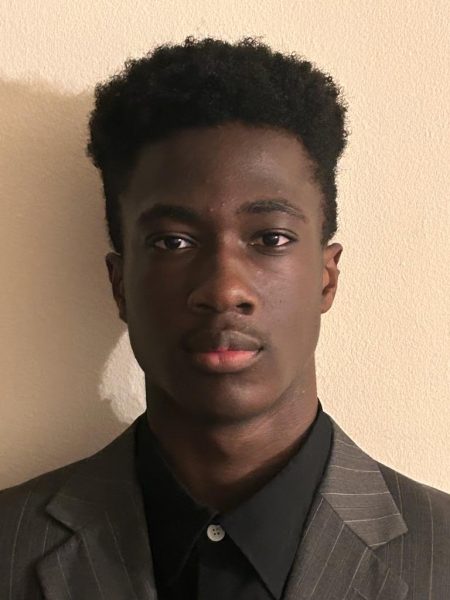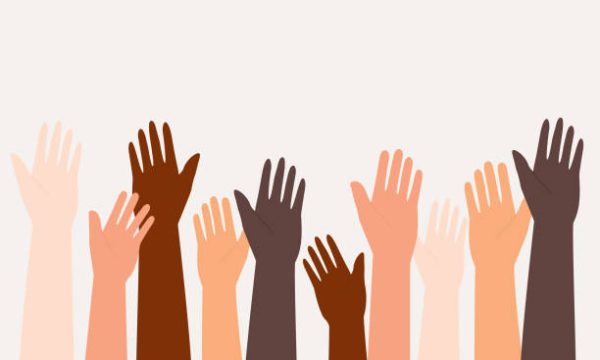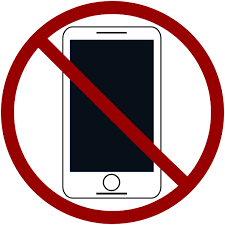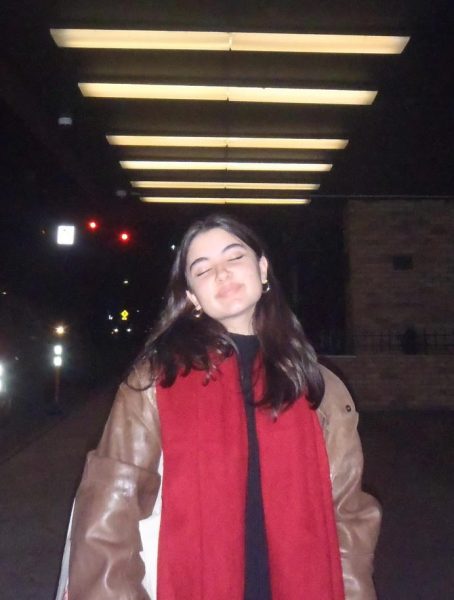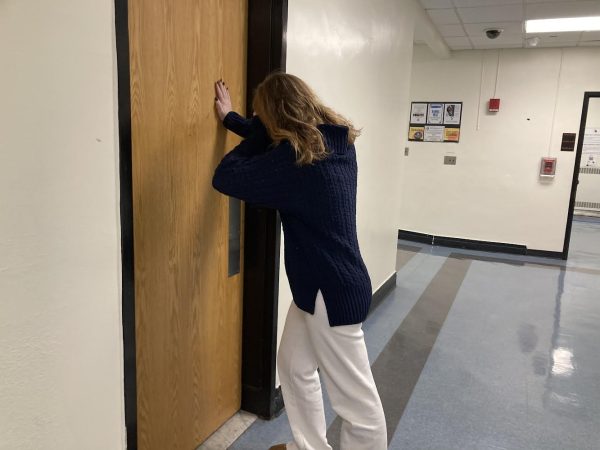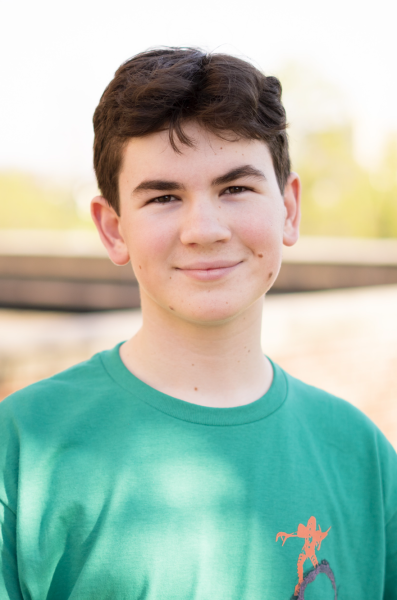Why We Won’t Print Names of School Shooters
An editorial by The Round Table
October 21, 2015
School shootings are some of the most heinous and disturbing crimes that occur in the U.S. When these crimes are committed, we as the Round Table editorial Staff deem it important to honor the victims instead of shedding any additional light on the shooter. Thus, the editorial staff of the Round Table has determined by an 11-5 majority that we will no longer print the names of school shooters in any publications.
How disgusting is it to think that while “Adam Lanza” has become somewhat of a household name, the average American would stumble trying to name just one of the 26 victims? Sadly, when school shootings occur, news outlets often profile the shooter in much more depth than the victims that were involved.
Chris Harper Mercer, the man who recently opened fire at Umpqua Community College in Roseburg, Oregon, said in his blog, “On an interesting note, I have noticed that so many people like him are all alone and unknown, yet when they spill a little blood, the whole world knows who they are. A man who was known by no one, is now known by everyone. His face splashed across every screen, his name across the lips of every person on the planet, all in the course of one day. Seems the more people you kill, the more you’re in the limelight.” We refuse to aid school shooters on the road to national fame by identifying them by name.
While we do deem it important to cover a wide array of news, including school shootings, we have decided that the most honorable way to go about doing so is to focus on the victims and leave the perpetrator’s name out. In addition to honoring victims, we believe that refusing to name shooters will prove a point to future shooters motivated by the prospect of fame. By refusing to succumb to their twisted logic by naming them, it is our hope that we will prove that the victims’ lives are much more important to us than the shooter’s.
It is not without deep consideration that we have decided not to name school shooters. While many, including Kelly McBride of the Poynter Institute, say that without naming shooters, “it becomes impossible to research other acts of violence he or she may have committed or surface records that document where his or her weapons came from,” and that “knowing who was behind the gun allows us to identify trends,” these people are missing one detail of paramount importance: we are not advocating for the police to refrain from naming shooters, or from releasing police reports about what occurred at a school shooting.
We as journalists believe that our job is to inform the public of any news that occurs in a both objective and compassionate manner. While it is important to cover school shootings as they occur, it is not important to glorify the perpetrators of these acts by including their names in our reports. We’ll leave the psychiatric reports and the gun history to the police. Henceforth, we promise not to name school shooters in any further publications.
Dissenting Opinions: A total of five members of The Round Table’s editorial staff have collaborated in this dissent. We’d like to premise this dissent first by saying that we have no intention in “glamorizing” school shooters in any way. We understand the emotional and psychological effects that could result from including the names of school shooters in journalism. That being said, it is our journalistic responsibility to report on events such as school shootings with all of the facts that we know. As journalists, we must follow through on our obligation to seek, and publish, all aspects of the truth. Further, we believe that by reporting the name of an individual involved in a tragic and brutal incident such as Sandy Hook, we are making the story more “real,” by giving our readers a face and a background to connect with.





